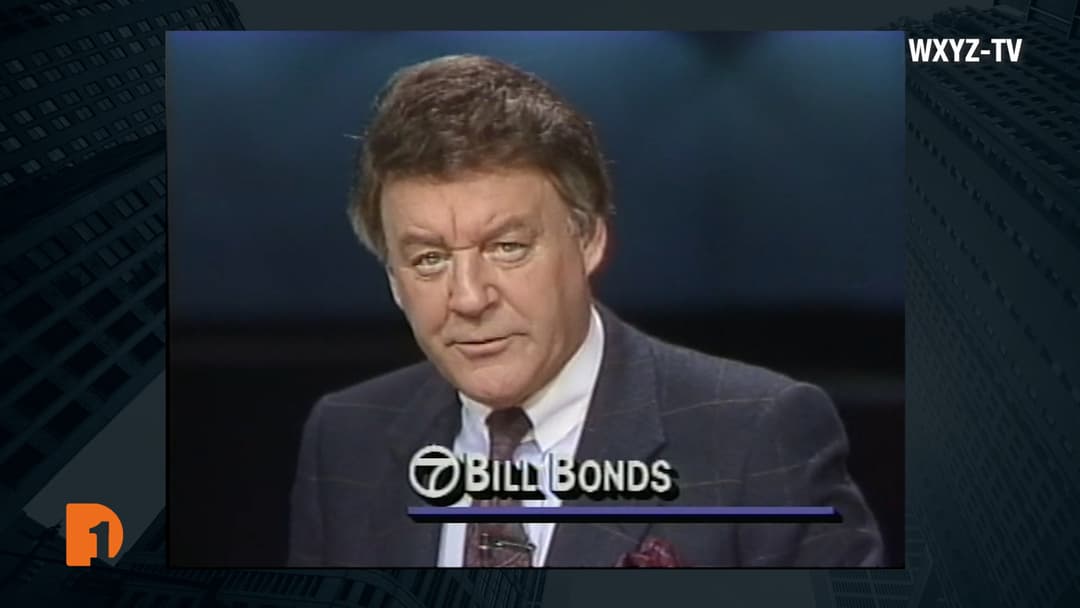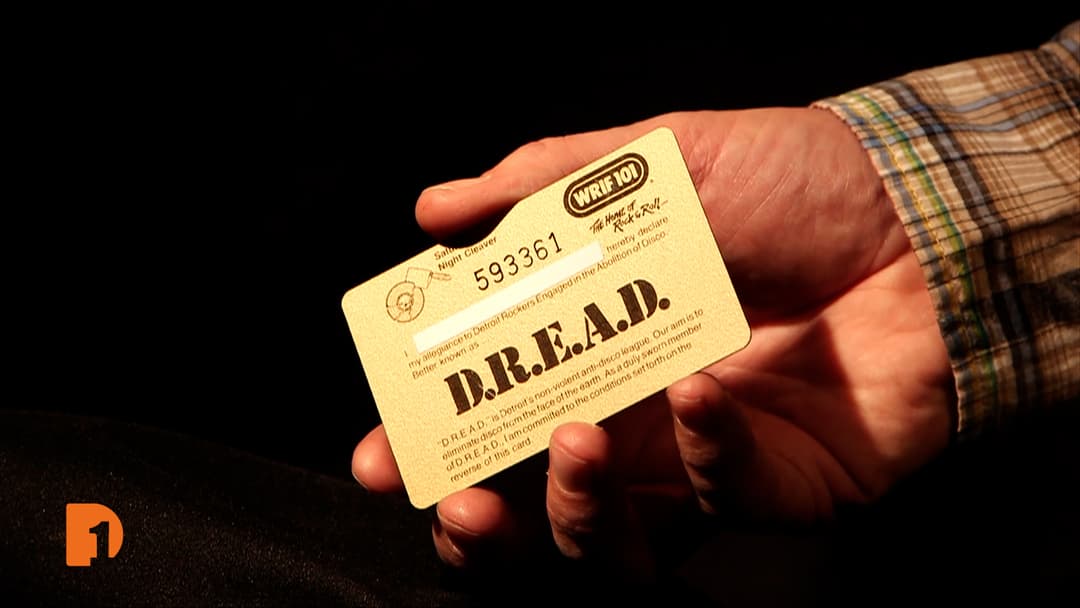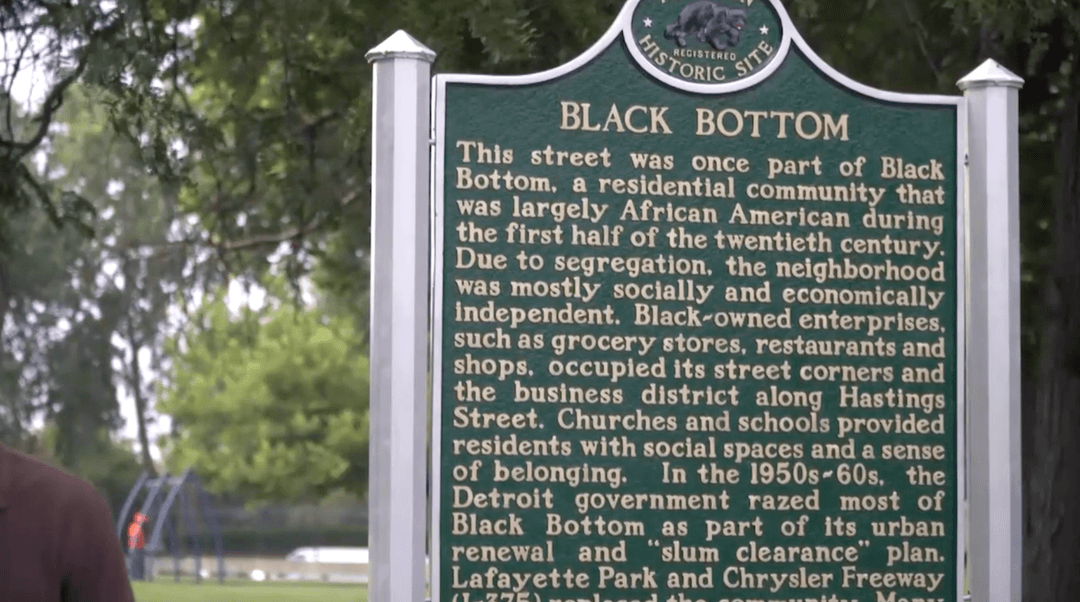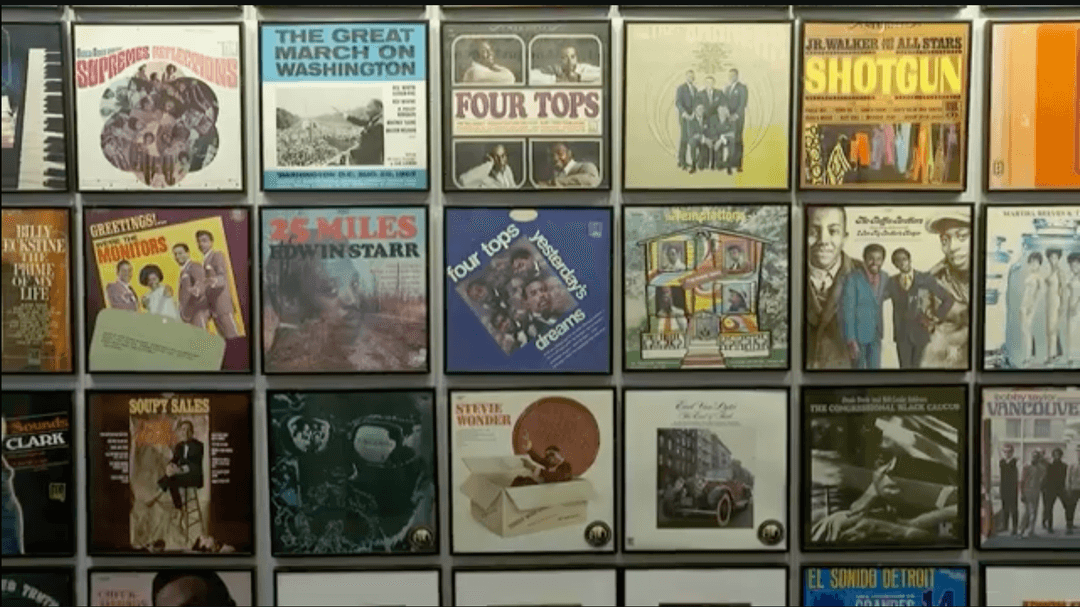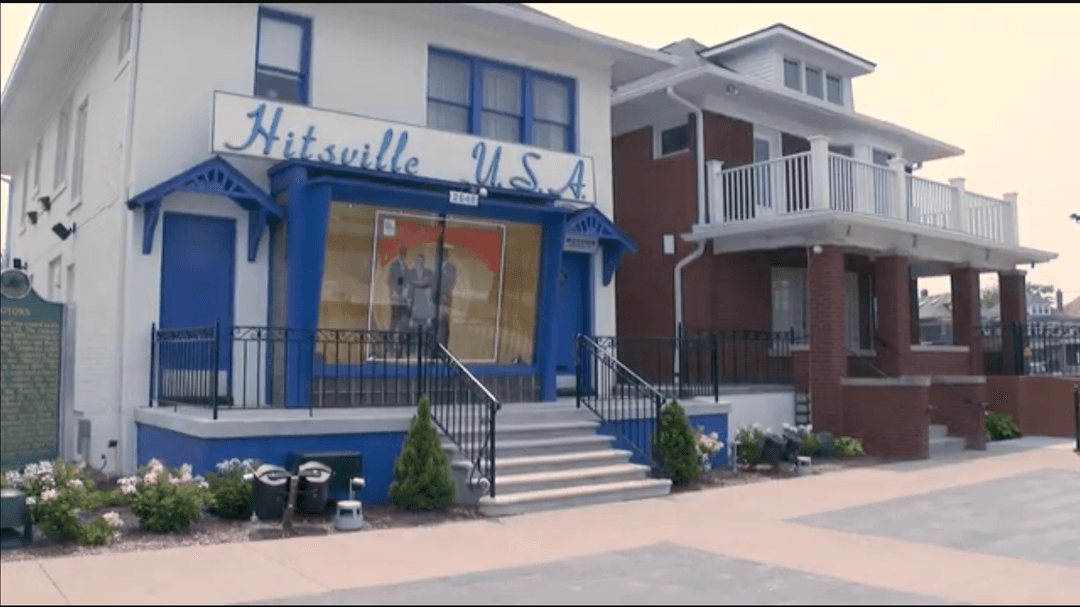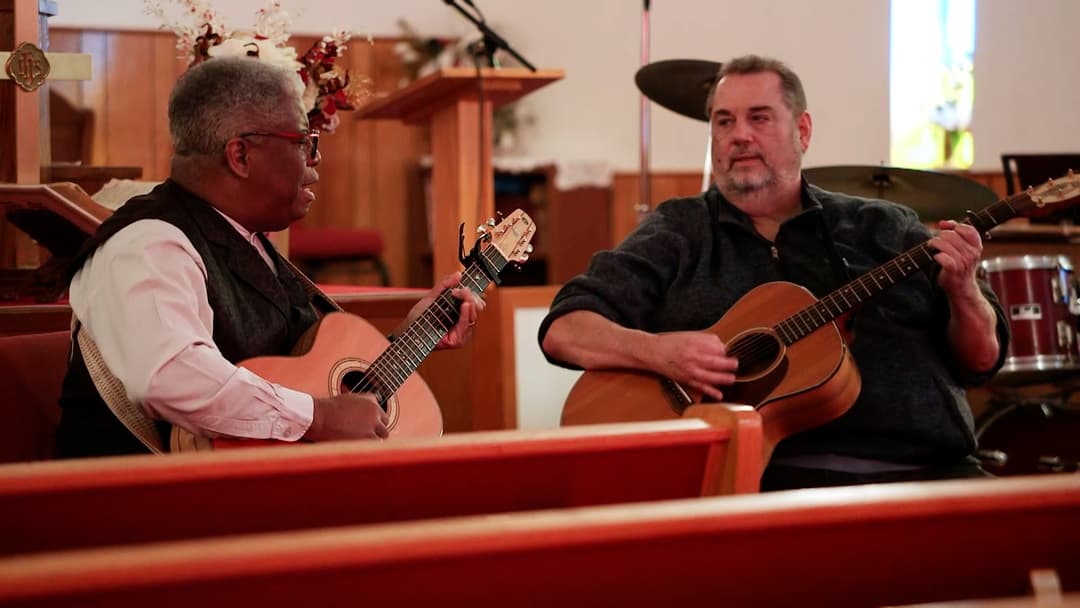Robin Seymour: The Pioneer of Detroit’s Rock ‘n Roll Radio
Nov 27, 2020
To many, he was known as the disc jockey that launched 1,000 hits and a pioneer of Detroit’s rock ‘n roll radio. If you grew up listening to Detroit radio, chances are you know the late legendary DJ Robin Seymour. Seymour, who passed away in April 2020, was known for his energetic, youthful voice and his uncanny ability to connect with his radio audience.
One Detroit caught up with Music Writer Susan Whitall, SiriusXM Radio’s Pat St. John, Entertainment Writer Jim McFarlin, and Seymour’s daughter, Deborah Young, to reminisce on the strong presence and legacy Seymour left behind for Detroit’s radio industry, as well as his commitment to diversifying the racial makeup of artists being played on Detroit’s airwaves. Whether Robin Seymour was playing Little Richard or another up-and-coming rock artist, he was revolutionizing the sounds of Detroit.
Watch Now:
[et_pb_video src=”https://www.youtube.com/watch?v=AFRKNXQgD_s&feature=youtu.be” _builder_version=”4.14.9″ _module_preset=”default” global_colors_info=”{}”]
Full transcript:
Robin Seymour, TV & Radio Host: Oh yeah, that was a real mover, Chuck Berry. Hey, by the way, Chuck Berry is coming to the Riviera Theater in three weeks, tell you more about it later.
Susan Whitall, Music Writer: You always had a youthful kind of verve. He always sounded younger than he was, and he was very, he had that effervescence to his voice.
Robin Seymour: For the best in pop tune favorites.
Deborah Young, Daughter of Robin Seymour: He could listen to a record and say, this guy’s going to be great or this gal is going to be great.
Robin Seymour: I had a good, a good music sense; let me put it to you that way.
Susan Whitall: Now, he definitely had an ear. Occasionally he’d be wrong, but not very often.
Deborah Young: He always was good at picking out who was going to be good and who wasn’t. But we always laughed because he couldn’t have been that great, because when he heard Elvis Presley, he said, “this guy is gonna bomb.” And that was not the case.
Robin Seymour: I mean, the records we were playing, I mean, I’ll give you an idea. I don’t even know what happened to it. I remember playing a record by an artist called Bull Moose Jackson.
Bull Moose Jackson, American Singer: I love you, yes I do.
Robin Seymour: And probably the first record by a black person that was ever played on a radio station in Detroit, other than, I think the only other station there was WJLB. But I dug it, it was a sound.
Pat St. John, SiriusXM Radio: He knew you’d like the song, it didn‘t matter, you know, what color their skin was to groove on the music.
Jim McFarlin, Entertainment Writer: To be able to shift beyond what they were playing in those days, the Frank Sinatras and the Tony Bennetts and to move that into what’s called race music at the time. It was black artists and they’re on the radio, oh my goodness, this is unheard of.
Robin Seymour: Here’s a young man having a ball, Little Willie John from our city of wheels to do his big moving hit, fever. And I would go in to play a Johnny Cash and then we’d play a Little Richard. Nobody ever heard of them, Dearborn Station playing Little Richard records?
Pat St. John: That was during those times, kind of a bold move.
Susan Whitall: So he was getting R&B in, he was slipping it in before any other disk jockey in Detroit knew it. That was just a revolutionary thing to do, an incredible gift to listeners in Detroit. It really started to become more and more common and as rock and roll came in, he was the guy.
Robin Seymour: Fred North, he used to get a lot of flak when he goes down to the DAC, the Detroit Athletic Club. These guys would say, “hey, I hear those black records all the time that are being played on your station, now what’s going on Fred?” He would come back to me and Robin could you sort of lighten up a little bit?
He didn’t care, but he was a little bit, felt funny about that. You know, these good old straight laced white dudes down at the DAC, really tried to give him the knife, you know? Fred, to his feeling, would say, “you know, this is making us money, obviously this is what people want to hear.” So, go for it kiddo, go for it! That’s one of today’s top tunes, Little Richard and Tutti Frutti.
Pat St. John: He felt real close to the audience, so, you know, I also think that it was, he was one of the first guys to really want the opinion of the kids.
Robin Seymour: You know, every afternoon we take the flier of the day, Robin’s flier of the day. We think it’s going to go on to become a great big hit. Why do fools fall in love. Kids would come up and sit there on the floor, in the other studio and they dance and do their homework.
Jim McFarlin: The thing that Robin was able to do, he was able to gain the trust of his audience. And that’s a very hard thing to do in a very delicate thing keep, but once you get it, you can lead your audience to places that maybe they don’t want to go, or they don’t even know about.
Robin Seymour: You picked out your own records. You either stood or fell on what you could bring to the audience. And I was young enough to be close enough to the teenage kids to still be thinking like them.
Subscribe to One Detroit’s YouTube Channel & Don’t miss One Detroit Mondays and Thursdays at 7:30 p.m. on Detroit PBS, WTVS-Channel 56.
Catch the daily conversations on our website, Facebook, Twitter @DPTVOneDetroit, and Instagram @One.Detroit
View Past Episodes >
Watch One Detroit every Monday and Thursday at 7:30 p.m. ET on Detroit Public TV on Detroit Public TV, WTVS-Channel 56.
Stay Connected
Subscribe to One Detroit’s YouTube Channel and don’t miss One Detroit on Thursdays at 7:30 p.m. and Sundays at 9 a.m. on Detroit PBS, WTVS-Channel 56.
Catch the daily conversations on our website, Facebook, Twitter @OneDetroit_PBS, and Instagram @One.Detroit
Related Posts
Leave a Reply
Your email address will not be published. Required fields are marked*




